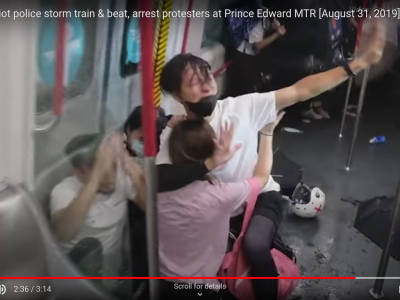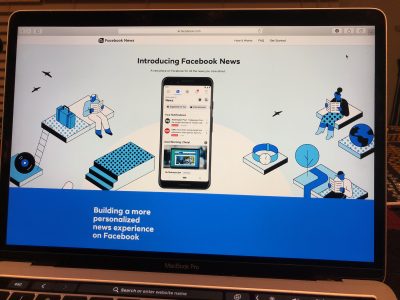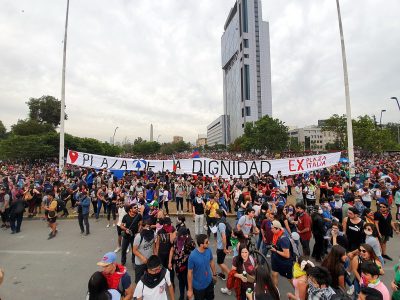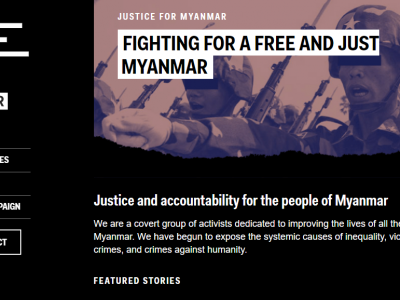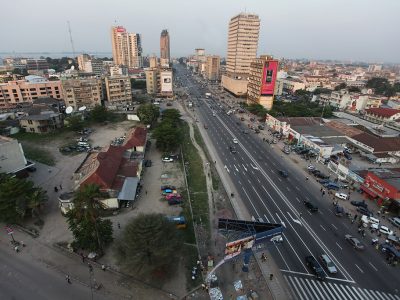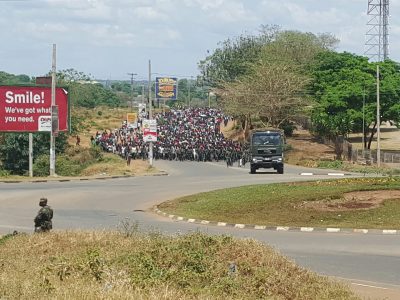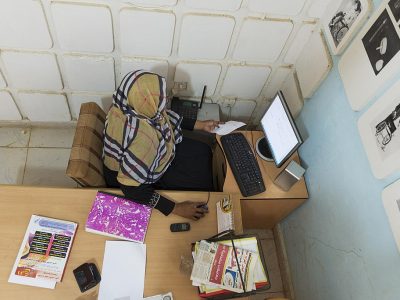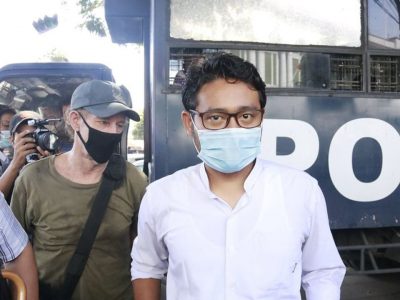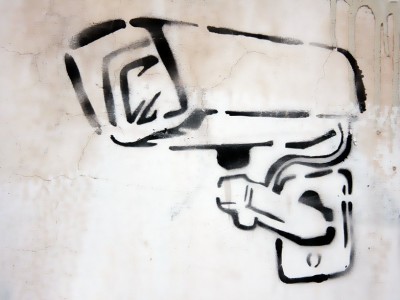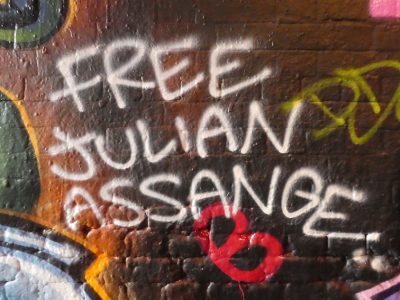Stories from September, 2020
Press freedom impeded in Hong Kong as police limits definition of recognized media representatives
If approved, a new scheme limiting the definition of officially recognized media will deliver a serious blow to freelance journalists and student reporters.
Fearing the national security law, Hongkongers change their social media habits
Of the 2,587 people who responded to an online survey conducted by The Stand News, 96 percent said they fear "loss of free speech."
#FreeMuay: Groups call for release of Laotian net idol and environment advocate
"Muay bravely stood up to protect the environment. Muay does not deserve to be let alone imprisoned from taking this stand."
Australian government on collision course with Facebook and Google over news revenue
"The code is justified by a News Corp lie, that Google steals news content and makes billions of dollars from it."
A new ‘cyber defence’ system in Oman raises human rights concerns
The Omani Sultanate passed a new decree giving security authorities further control over the internet.
Social media in Latin America: Caught between a rock and a hard place
As researchers, it is very difficult to know how, or even if, high profile global announcements are actually impacting users in Latin America.
African Union turns to biosurveillance tech to curb COVID-19
PanaBIOS, an African Union-backed biosurveillance technology, can track the spread of COVID-19 and connect testing centers across the continent.
Al Jazeera Balkans crew attacked at a right-wing opposition party protest in Skopje
Assaulted female journalist insisted on reporting the incident to the police and tracking the attacker, as a way to stand up to a culture of impunity for violence against journalists.
A Chinese city withdraws ‘civility code’ following online criticism
Suzhou – a Chinese city near Shanghai – launched a “civility code” in early September to rank citizens’ civility. As negative comments flooded in, the city called an end to the testing.
Website exposing military corruption blocked in Myanmar
"It shows the increased intolerance by the government on freedom of expression and that they are trying to cover up the crimes and corruption of the military."
In DR Congo, will new legislation protect citizens’ digital rights?
In Democratic Republic of Congo, a citizen movement is underway to reclaim digital rights that have been violated for years under a vague and outdated legislation.
Why Malawi urgently needs a data protection law
In January 2018, the Malawi Communications Regulatory Authority (MACRA) announced a mandatory national sim card registration exercise tied to the national ID process.
Moderating harmful content online in Sudan: Policies and measures
In Sudan, social media platforms struggle to enforce guidelines and rules regarding content deemed harmful such as hate speech and disinformation.
We made the largest Mexican telecommunications operator stop blocking secure internet
Group effort, research, perseverance, and Global Voices' journalism played a key role
Myanmar activist poet convicted for protesting against internet shutdown
The protest featured the unfurling of a banner that read: “Is the internet being shut down to hide war crimes and killing people?”
Surveillance in Lebanon: A crisis of privacy
Intrusions on citizens’ privacy in Lebanon are pervasive and often conducted without proper judicial oversight.
Julian Assange supporters rally to defeat extradition to United States
"The extradition to the US of a publisher and journalist, for engaging in journalistic activities while in Europe, would set a very dangerous precedent."





